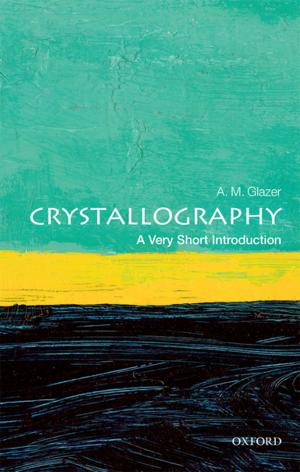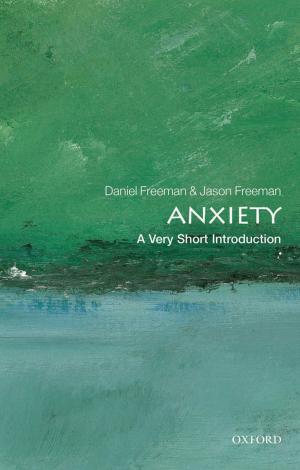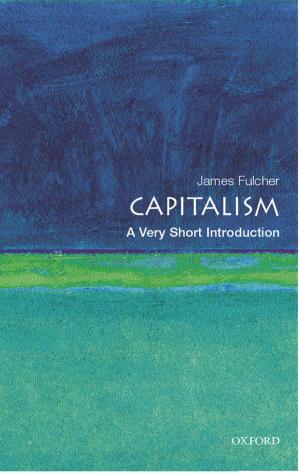Hugo Grotius and the Century of Revolution, 1613-1718
Transnational Reception in English Political Thought
Nonfiction, History, British, Social & Cultural Studies, Political Science| Author: | Marco Barducci | ISBN: | 9780191069598 |
| Publisher: | OUP Oxford | Publication: | April 28, 2017 |
| Imprint: | OUP Oxford | Language: | English |
| Author: | Marco Barducci |
| ISBN: | 9780191069598 |
| Publisher: | OUP Oxford |
| Publication: | April 28, 2017 |
| Imprint: | OUP Oxford |
| Language: | English |
Hugo Grotius and the Century of Revolution, 1613-1718 is a reconstruction of the way Hugo Grotius (1583-1645) was read and used by English political and religious writers in the seventeenth and early eighteenth centuries. Engaging with the reception of all of Grotius's key works and a wide range of topics, the volume has much to say about the search for peace in an age of religious conflict and about the cultural roots of the Enlightenment. Most of all, Marco Barducci aims to deepen our understanding of the connections that made English political thought part of the history of European thought. To this end, it brings together a succinct account of Grotius's own thinking on key topics, mapping these accounts within English debates, to show why his ideas were seen to be relevant at key moments; shows awareness of the possibilities for the misappropriation inherent in reception; and adds something new to our understanding of why seventeenth-century Englishmen argued in the ways that they did.
Hugo Grotius and the Century of Revolution, 1613-1718 is a reconstruction of the way Hugo Grotius (1583-1645) was read and used by English political and religious writers in the seventeenth and early eighteenth centuries. Engaging with the reception of all of Grotius's key works and a wide range of topics, the volume has much to say about the search for peace in an age of religious conflict and about the cultural roots of the Enlightenment. Most of all, Marco Barducci aims to deepen our understanding of the connections that made English political thought part of the history of European thought. To this end, it brings together a succinct account of Grotius's own thinking on key topics, mapping these accounts within English debates, to show why his ideas were seen to be relevant at key moments; shows awareness of the possibilities for the misappropriation inherent in reception; and adds something new to our understanding of why seventeenth-century Englishmen argued in the ways that they did.















